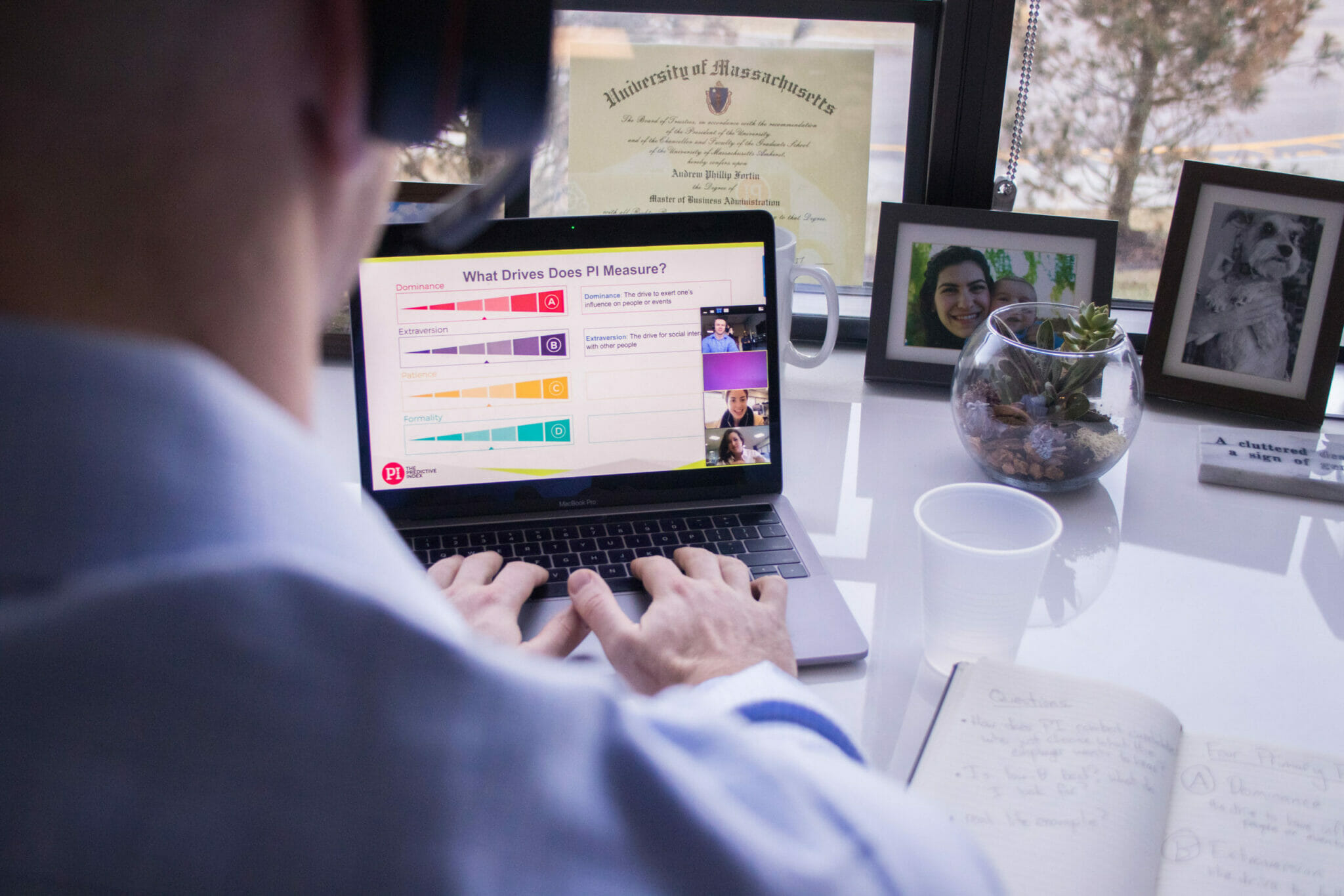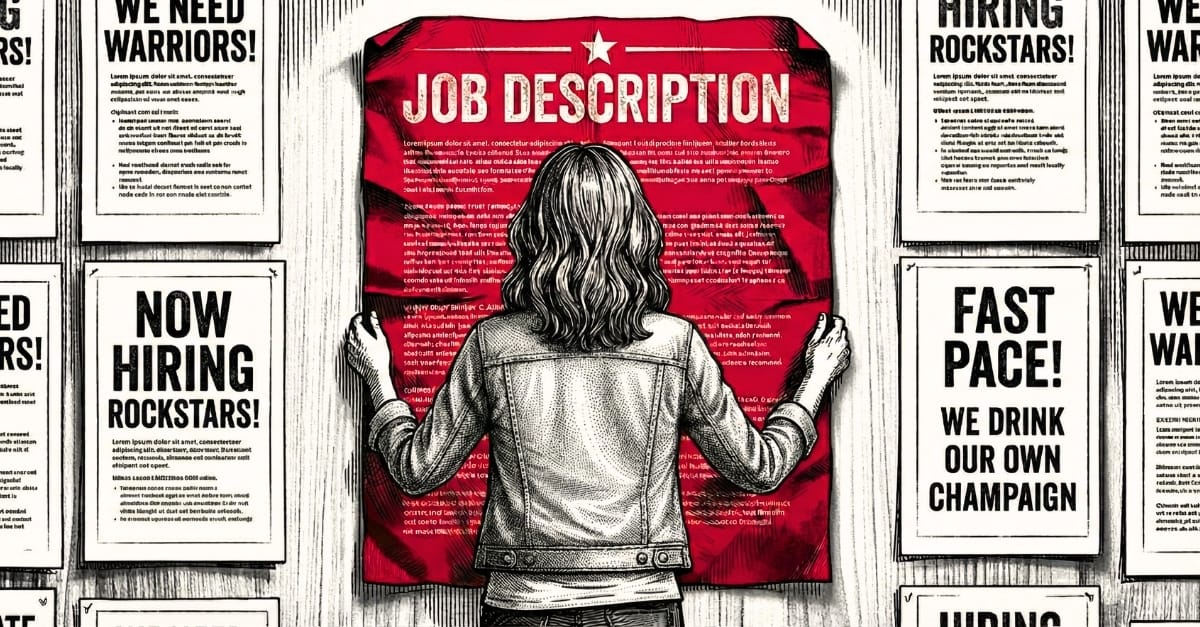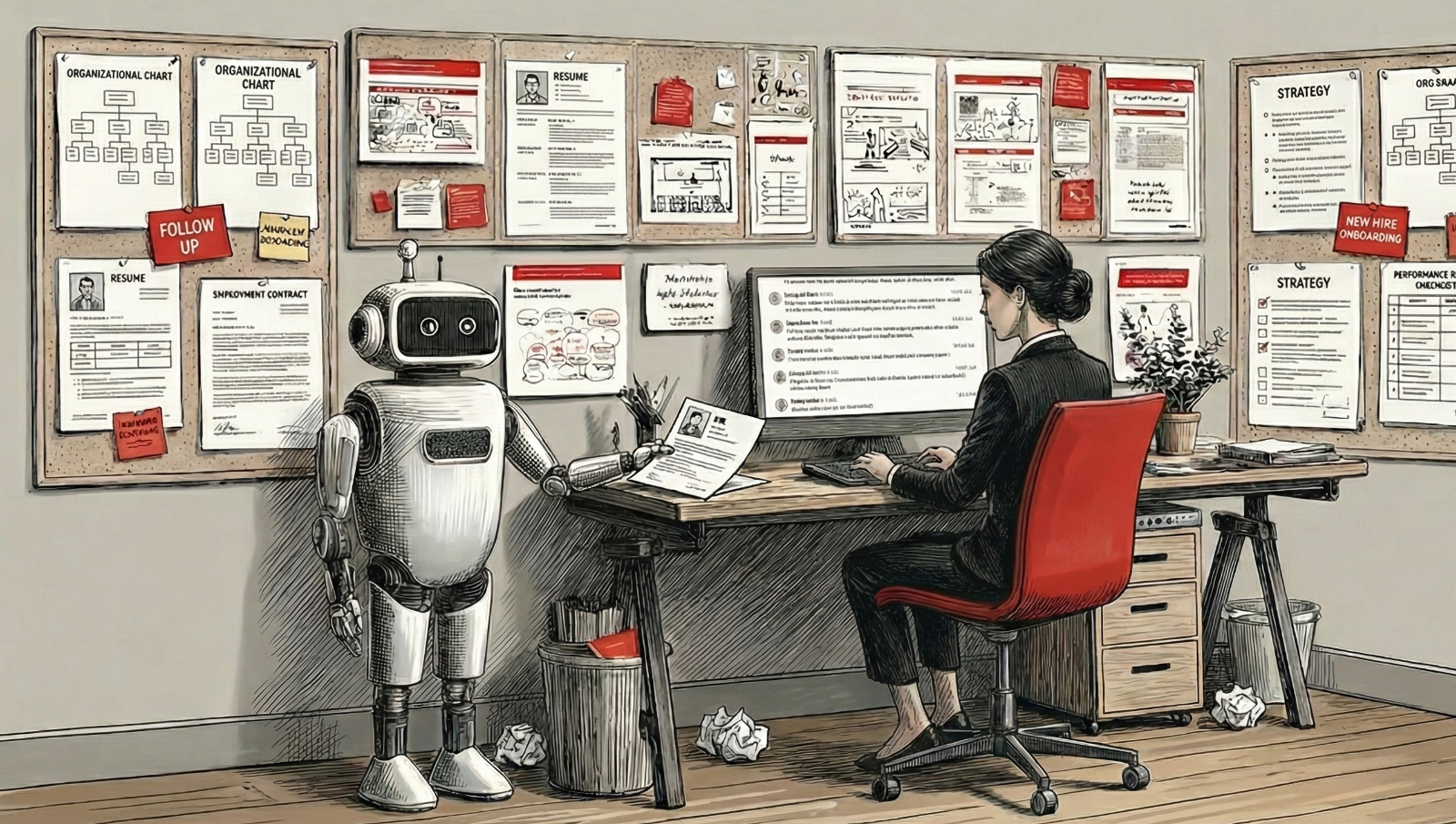Krishna Rajagopal is the Chief Facilitator of Great Outcomes at Narish International. He has a bachelor’s degree in economics, an MBA, and a master’s in information systems management. Krishna’s mission is to help organizations leverage their potential.
A winning baseball team does not have seven superstar pitchers. No, a baseball roster has to have players with all different abilities on the field. Some of these abilities are subtler than others (as “Moneyball” taught us), but they all matter profoundly when it comes to achieving victory.
As a leader, part of creating a top-notch team involves hiring others with strengths that complement your own. If you’re amazing at big-picture thinking, you need help from people with excellent attention to detail. If you’re a creative, you need an operations guru.
But when you’re hiring, how can you find exactly who you need?
Join 10,000 companies solving the most complex people problems with PI.
Other resources that might interest you:
First, you need to understand your own strengths and challenge areas. Second, you need a deep understanding of what drives your prospective employees.
Read on to learn how leaders can gain these insights, and ultimately, build stronger teams.
Leader, know thyself.
As David Nilssen wrote, “The one essential characteristic that makes a successful entrepreneur is a capacity for introspection.” This bit of wisdom extends to every leader out there—not just to hard-charging, world-changing entrepreneurs. Leaders at all levels of the organization must be self-aware.
Success is built on knowledge, and knowledge is created from data.
There are various ways to find out exactly where you’re excelling and falling short. You could solicit feedback from others or you could take a behavioral assessment to understand your unique behavioral pattern. This will help you figure out exactly where your own talents cluster.
When reviewing the resulting insights, don’t boast or be modest. Try to view them objectively—and know that every pattern is beautiful.

Know your candidates.
When assessing candidates, you need a method that’s efficient and free from bias. Talent optimization guides you in making strategic talent decisions that align with your business strategy. The discipline of talent optimization relies on the collection of people data and using those data insights to hire and design winning teams (think back to the “Moneyball” example).
Understanding behavioral patterns—and team dynamics—is so important.
If you only hire people like you, people with the same skills, strengths, weaknesses, and perspectives, you open yourself up to a lot of problems. Here are just a few:
- Quality issues caused by overall skill set deficiencies
- Reduced possibility of innovation due to a lack of team diversity
- Experience knowledge gaps in potentially important functional areas
- Reduced team flexibility
Fortunately, talent optimization and workforce assessments help you bring in the folks who can cover you in the areas in which you struggle so you can reach your business goals.
In fact, it can be a complete game-changer for your organization.








